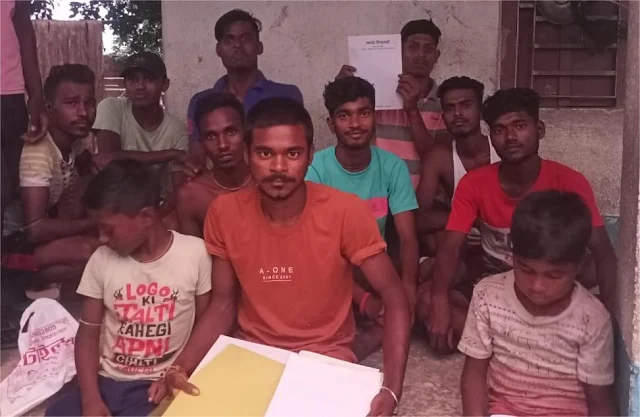In a representation to the Principal Secretary, Women and Child Development and Social Welfare Department Government of West Bengal, I have highlighted a critical issue concerning the children of Boaldah village, located in the Bongaon block of North 24 Pargana district. This situation appears to infringe upon Article 21-A of the Constitution of India and Article 25 of the Universal Declaration of Human Rights, 1948, specifically relating to the right to an adequate standard of living.
Boaldah village lies along the Indo-Bangladesh border, approximately one kilometer from the actual border. The residents, primarily landless fishermen belonging to the Bagdi community (Scheduled Caste, semi-tribal, Dalit), have historically depended on fishing for their livelihood.
However, ongoing obstacles and violence from the Border Security Force (BSF) have made fishing increasingly precarious, forcing many to migrate elsewhere. Consequently, the education of local children relies heavily on the Integrated Child Development Services (ICDS) and government-provided schooling, as most families live below the poverty line. Many children also attend ICDS centers primarily for a meal.
In 2003, a single-room ICDS center was established in Boaldah, but its condition has always been alarming, with the roof at risk of collapse and lacking essential windows or doors. For 17 years, the community suffered before the Bongaon Block administration intervened in 2022 following complaints via the MASUM office.
Although repairs were made, there remains no dedicated kitchen space. ICDS is a crucial Indian government welfare initiative aimed at providing food, preschool education, and primary healthcare to children under six and their mothers. Regrettably, the food component has been severely neglected; it is currently prepared outdoors without proper shelter, exposing it to contaminants and pests.
Moreover, the monsoon season exacerbates cooking challenges, with rain and storms complicating preparations. Despite numerous complaints to the Ghat Bour Gram Panchayat (GP) over the years, no action has been taken. Recently, on 29 August 2024, formal complaints were lodged with the SDO and BDO of Bongaon, yet the villagers have not received any resolution thus far.
In light of these pressing concerns, I have pleaded for investigation into this matter and take essential steps to ensure a safe and healthy environment for the children at the ICDS center, thus upholding their fundamental rights to education and freedom from hunger.
---
*Secretary, Banglar Manabadhikar Suraksha Mancha (MASUM)




Comments